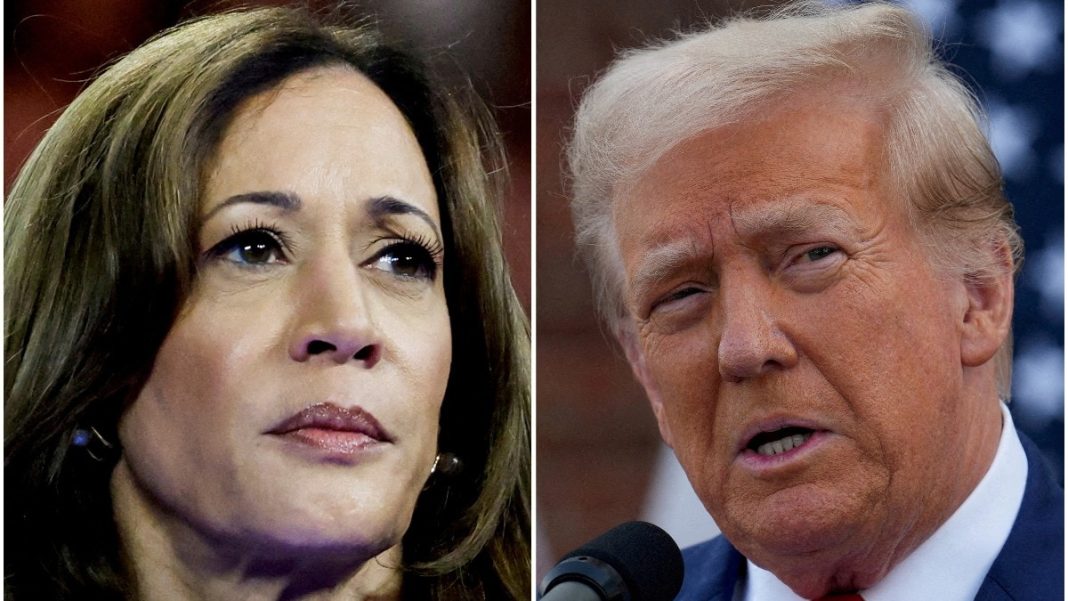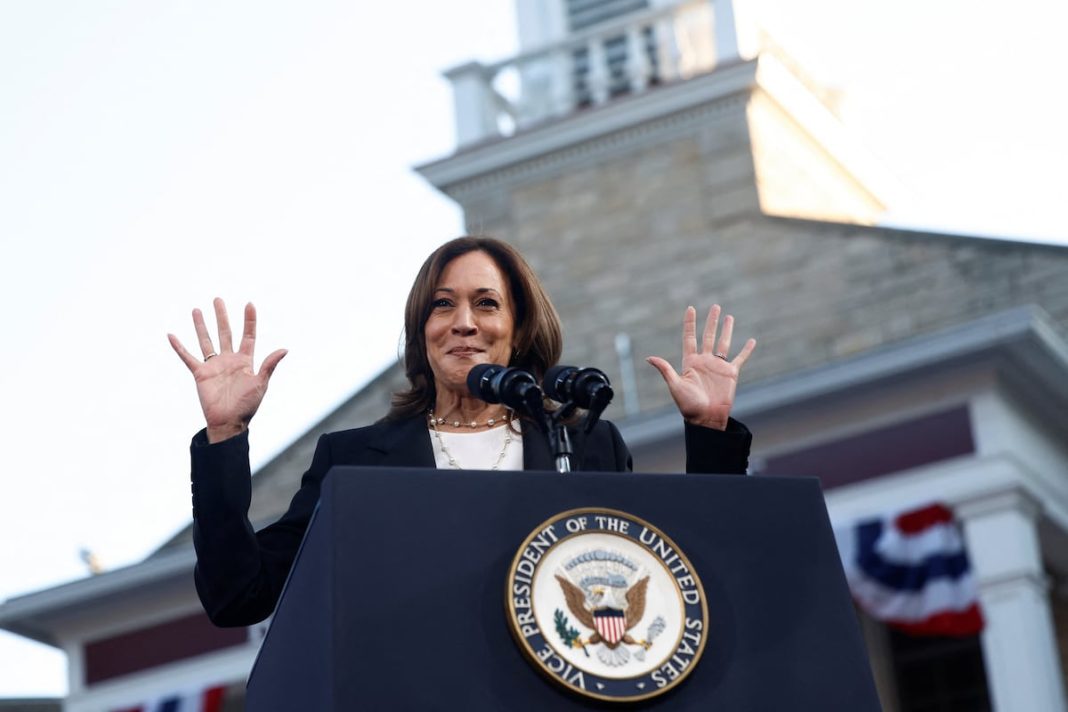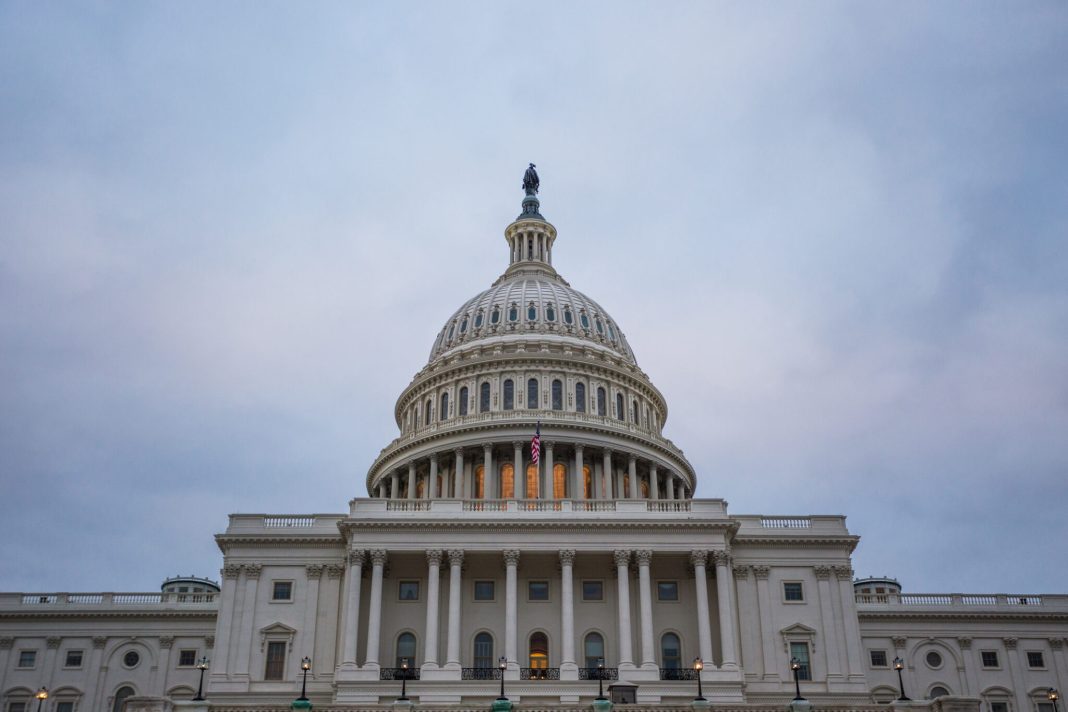Widespread Anger Among Arab Americans and Muslims Poses Challenge for Kamala Harris in Upcoming Election
As the November 5 election approaches, Vice President Kamala Harris finds herself in a precarious position, facing mounting discontent from Arab American and Muslim communities over the U.S. government’s unwavering support for Israel amid ongoing conflicts in Gaza and Lebanon. Green Party candidate Jill Stein, who has been vocal about these issues, warned that this discontent could cost Harris the election, as she spoke to Reuters during a rally in Dearborn, Michigan.
Recent polls indicate a tight race, with Harris and her Republican opponent, former President Donald Trump, nearly neck-and-neck at 49% and 48%, respectively. Meanwhile, Stein’s support remains low at just 1%. However, her campaign is gaining traction among Arab Americans and Muslims in key battleground states like Michigan, Arizona, and Wisconsin—areas that played a crucial role in President Joe Biden’s 2020 victory.
Stein emphasized the Democrats’ loss of support from these communities, stating, "The Democrats have lost the Muslim American and the Arab American vote." She believes that if this trend continues, it could lead to significant losses for the Democratic Party in swing states, ultimately jeopardizing their chances of winning the election.
A recent Cook Political Report poll suggests that Harris is leading or tied with Trump in several critical states, including Michigan, Wisconsin, and Pennsylvania. However, Stein’s campaign is resonating with Muslim voters, as evidenced by an August poll from the Council on American Islamic Relations, which showed her capturing 40% of the Muslim vote in Michigan and leading in Arizona and Wisconsin as well.
Stein’s platform, which calls for a permanent ceasefire in Gaza and an immediate U.S. arms embargo on Israel, has struck a chord with voters who feel disillusioned by the current administration’s foreign policy. While the Biden administration has called for a ceasefire, tangible results have been elusive, leaving many voters frustrated.
In response to the growing discontent, Harris has ramped up her outreach efforts, meeting with Arab American and Muslim leaders in Flint, Michigan, and sending her running mate, Minnesota Governor Tim Walz, to participate in a Muslim Zoom call. However, some community leaders, like Farah Khan, co-chair of the Abandon Harris campaign in Michigan, remain unconvinced. "We are trying to… punish Harris," she said, indicating a willingness to support third-party candidates as a form of protest.
Interestingly, Trump is also making a play for Arab and Muslim voters, recently opening a campaign office in Hamtramck, a Detroit suburb with a significant Yemeni-American population. His outreach efforts, including endorsements from local leaders, could further complicate Harris’s path to victory.
Stein pointed out that Harris is not only losing support among Arab Americans and Muslims but also among union workers, Black men, and Latinos—groups that have traditionally backed the Democratic Party. "Working people feel abandoned and betrayed by the Democratic Party," she noted, highlighting a growing sentiment of disillusionment among the party’s base.
As the election draws nearer, the stakes are high for Harris and the Democratic Party. With Arab American and Muslim voters feeling increasingly alienated, the question remains: can Harris regain their trust in time to secure a victory, or will the discontent lead to a surprising shift in the political landscape? Only time will tell, but one thing is clear: the voices of these communities are louder than ever, and their votes could very well tip the scales in this pivotal election.



